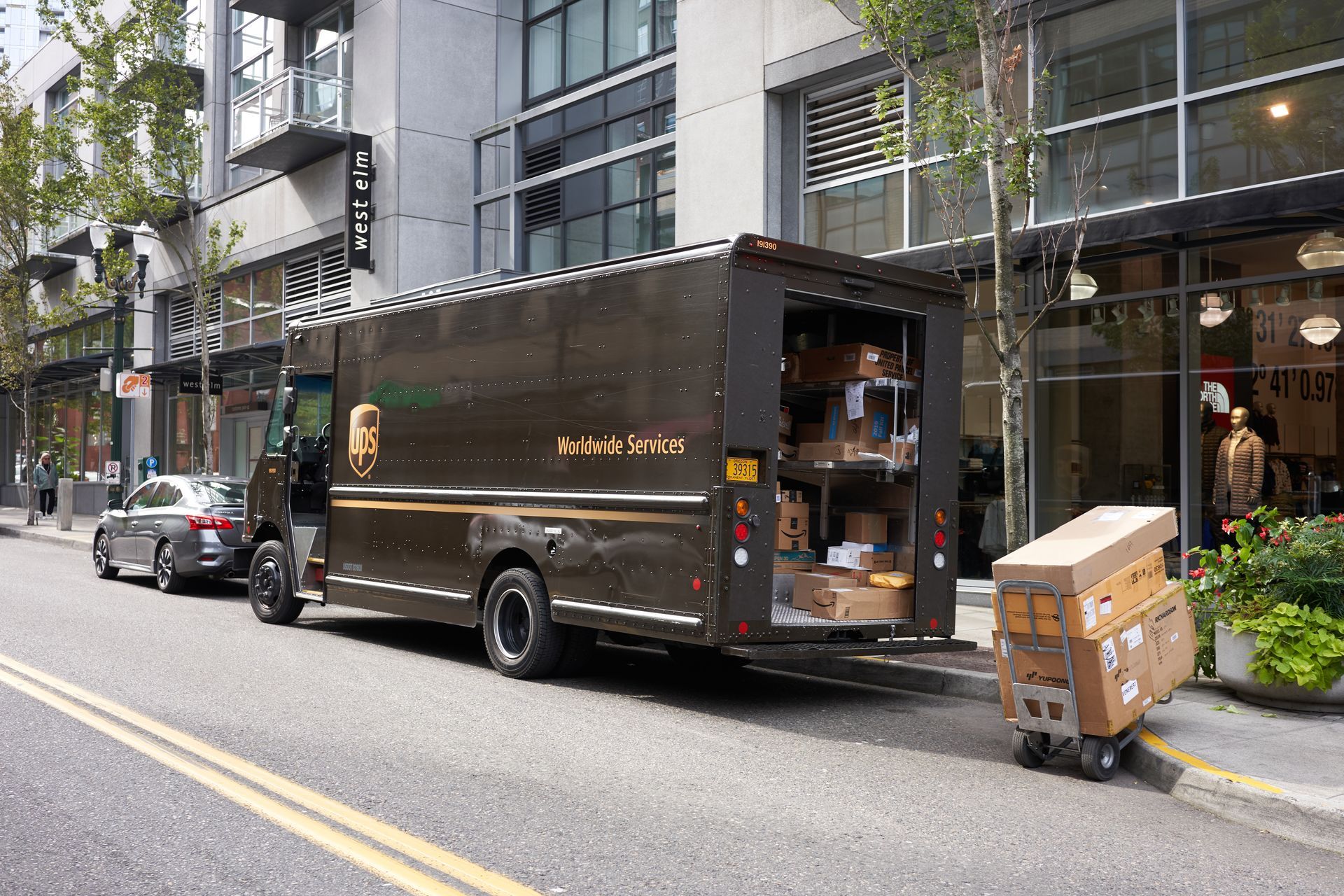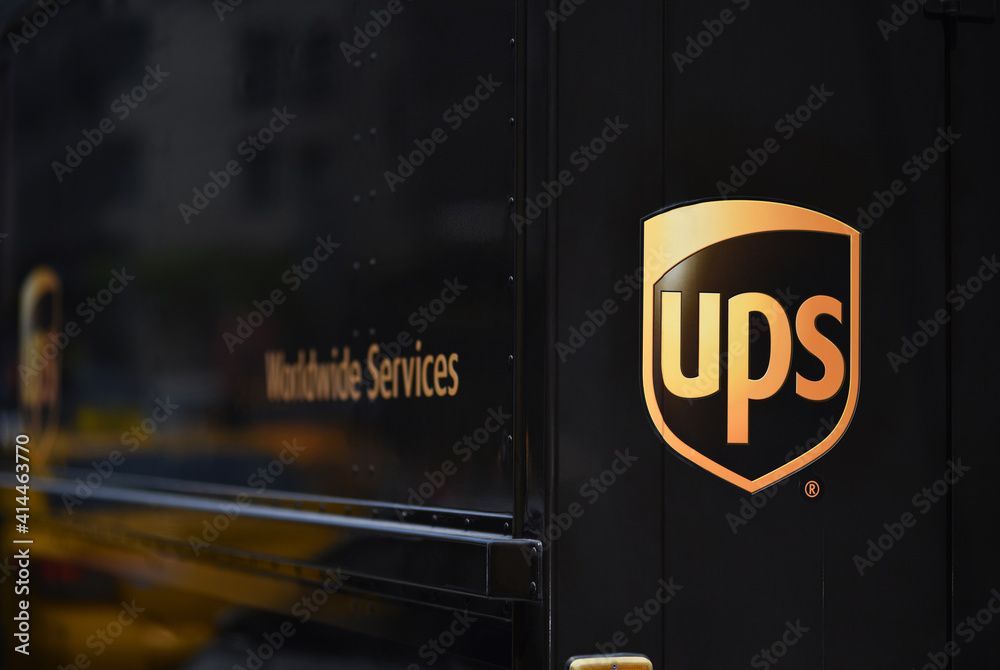When to Use Parcel Contract Negotiations
When to Use Parcel Contract Negotiations
Managing parcel shipping contracts is an essential aspect of modern logistics, particularly for businesses reliant on efficient and cost-effective delivery services. Whether you're a growing e-commerce company or a large corporation with complex shipping needs, understanding parcel contract negotiations can help optimize your shipping costs and improve overall operations. This article explains what parcel contract negotiation entails, its importance, when to seek expert help, and how services like Mindful Logistics can make a significant difference.
What Is Parcel Contract Negotiation?
Parcel contract negotiation is the process of working with shipping carriers to establish agreements on pricing, services, and terms tailored to your business's shipping needs. Major carriers like FedEx, UPS, and DHL typically provide standardized pricing structures, but businesses with substantial shipping volumes can negotiate customized contracts that better align with their requirements.
Key Elements of Parcel Contracts
Parcel contracts typically cover:
- Base Rates: The starting cost for various shipping services.
- Volume Discounts: Reduced pricing based on shipping volume.
- Surcharges and Fees: Costs for services like fuel surcharges, residential delivery, or Saturday shipping.
- Service Guarantees: Performance standards and penalties for delays.
- Accessorial Charges: Fees for additional services like handling oversized packages or address corrections.
By carefully analyzing these components, businesses can identify areas where negotiations can lead to cost savings and improved service.
Why Is Parcel Contract Negotiation Important?
Parcel shipping costs can represent a significant expense for businesses. Without a well-negotiated contract, you may be overpaying or not receiving the most advantageous terms. Effective negotiation can impact your bottom line and competitive edge in several ways.
1. Cost Savings
Carriers often offer discounts and incentives to secure high-volume shippers as clients. Negotiating these discounts can significantly reduce shipping expenses, improving profitability.
2. Customized Services
Standard contracts may not suit your business’s specific shipping patterns. A tailored agreement ensures that the services provided align with your unique requirements, such as frequent international shipments or time-sensitive deliveries.
3. Transparency in Pricing
Parcel contracts often include complex fee structures that can result in unexpected charges. A well-negotiated contract brings transparency, allowing you to budget accurately and avoid surprise costs.
4. Improved Carrier Relationships
Negotiation provides an opportunity to strengthen relationships with carriers. By communicating your needs and expectations effectively, you can establish a collaborative partnership that benefits both parties.
5. Enhanced Service Guarantees
Negotiations can include service-level agreements that hold carriers accountable for delivery timelines. This can help reduce the risk of delays and ensure reliable service for your customers.
When to Get Help with Parcel Contract Negotiation
While some businesses attempt to handle parcel contract negotiations independently, there are times when seeking professional assistance is the better choice. Experienced consultants can offer insights and strategies to achieve optimal results.
1. When You Lack In-House Expertise
Parcel contracts can be highly complex, and understanding the nuances of carrier pricing models and fee structures requires specialized knowledge. If your team lacks the experience or resources to navigate these details, professional help can fill the gap.
2. When You’re Experiencing Rising Shipping Costs
If shipping costs have increased without a clear explanation or corresponding increase in services, it may be time to renegotiate. Experts can analyze your current contract and identify opportunities for savings.
3. When Your Shipping Volume Changes
A significant increase or decrease in shipping volume can affect your contract terms. Negotiating a new agreement that reflects your current needs can help you avoid overpaying or losing out on potential discounts.
4. When You Need to Expand to New Markets
Expanding into international markets or launching a new product line can introduce new shipping challenges. Professional negotiators can ensure your contract supports your growth strategy by addressing cross-border shipping rates, customs fees, and more.
5. When Your Carrier Fails to Meet Expectations
If your carrier consistently fails to meet service guarantees or if disputes over charges are becoming frequent, renegotiating your contract with expert guidance can help resolve these issues.
How Mindful Logistics Can Help
Navigating parcel contract negotiations requires time, expertise, and data-driven decision-making. Mindful Logistics offers specialized services to help businesses achieve the best possible terms with their carriers.
1. Comprehensive Contract Analysis
Mindful Logistics begins by analyzing your existing shipping data and contracts. By identifying inefficiencies, hidden fees, and opportunities for improvement, they provide a clear roadmap for renegotiation.
2. Benchmarking and Market Insights
With extensive industry knowledge, Mindful Logistics benchmarks your contract against current market rates and competitors. This ensures you’re not leaving money on the table and positions you for the best possible deal.
3. Data-Driven Negotiation Strategies
Using advanced analytics, Mindful Logistics evaluates your shipping volume, patterns, and needs. This data informs negotiation strategies, allowing for personalized and effective discussions with carriers.
4. Access to Industry Expertise
Mindful Logistics’ team includes professionals with years of experience in carrier negotiations. They understand the intricacies of shipping agreements and know how to counter common carrier tactics.
5. Ongoing Support and Monitoring
Negotiation is just the beginning. Mindful Logistics provides ongoing support to ensure carriers adhere to agreed-upon terms. They also monitor changes in shipping trends to proactively renegotiate when necessary.
6. Customer-Centric Approach
Mindful Logistics prioritizes your business goals. Whether you aim to reduce costs, improve service levels, or support expansion, their tailored approach aligns with your objectives.
Conclusion
Parcel contract negotiation is a critical component of effective logistics management, offering opportunities for cost savings, improved service, and operational efficiency. However, the process can be complex and time-consuming, particularly for businesses without in-house expertise.
Knowing when to seek help is essential. Whether you’re facing rising costs, planning to scale, or navigating intricate fee structures, professional assistance can ensure you achieve optimal outcomes.
Mindful Logistics is a trusted partner in this journey, providing expert guidance, data-driven strategies, and ongoing support to maximize the value of your parcel contracts. By working with Mindful Logistics, you can focus on your core business while leaving the complexities of carrier negotiations to the experts.
Take the first step toward more efficient and cost-effective shipping by exploring how Mindful Logistics can help. Optimize your parcel contracts today to pave the way for future growth and success. Learn the best practices for parcel contract negotiations Here.
Get Your Free Rate Analysis Here.
Ready to work with Mindful Logtistics?
Let's connect! We’re here to help.
Send us a message and we’ll be in touch.
Or give us a call today at (919) 368-6169
Agency Contact Form
More Info on Shipping and Saving




